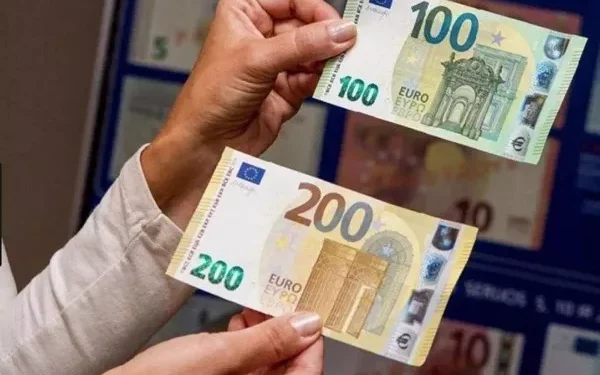The EUR/JPY pair continues its downward trajectory, trading near 156.55 in early European session trading on Thursday. The Japanese Yen (JPY) gains strength as expectations rise for further interest rate hikes by the Bank of Japan (BoJ). Meanwhile, the German Producer Price Index (PPI) for January is set for release later in the day.
Japan’s latest economic indicators have bolstered the case for monetary tightening, with GDP surpassing expectations and nominal wages growing at their fastest rate in nearly 30 years. A Reuters poll revealed that more than 65% of economists anticipate the BoJ could raise rates to 0.75% in the third quarter, while this year’s labor talks are expected to push wage increases to 5.00%, up from 4.75% in the previous survey.
BoJ Board Member Hajime Takata reinforced the prospect of rate hikes on Wednesday, emphasizing the need for a gradual tightening approach. He also noted that Japan’s bond yields are aligning with market expectations. Speculation that the BoJ may act sooner than previously anticipated has propelled the JPY higher, pressuring the EUR/JPY pair.
On the Euro side, concerns over potential tariffs from former U.S. President Donald Trump add to downside risks. Trump stated on Tuesday that he would likely impose 25% tariffs on foreign cars, with semiconductor chips and pharmaceuticals also facing higher duties. While he did not specify an exact timeline, he indicated that some of these tariffs could take effect by April 2.
Further weighing on the Euro is the growing monetary policy divergence between the BoJ and the European Central Bank (ECB). Analysts at BBH noted that markets are pricing in an additional 75 basis points of ECB rate cuts over the next 12 months, which would bring the policy rate down to 2.00%. This contrast in central bank outlooks continues to pressure the common currency against the strengthening JPY.
Related topics:




























